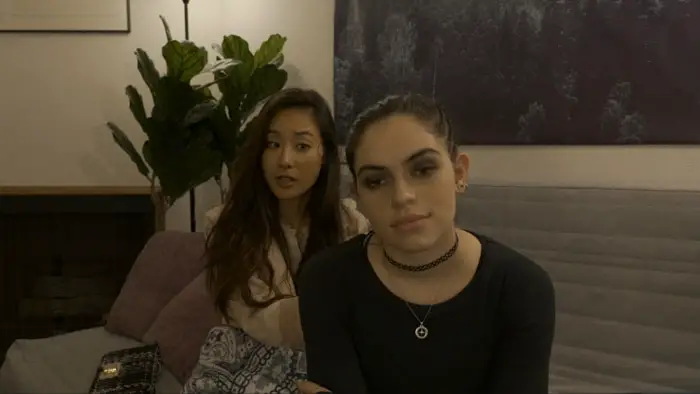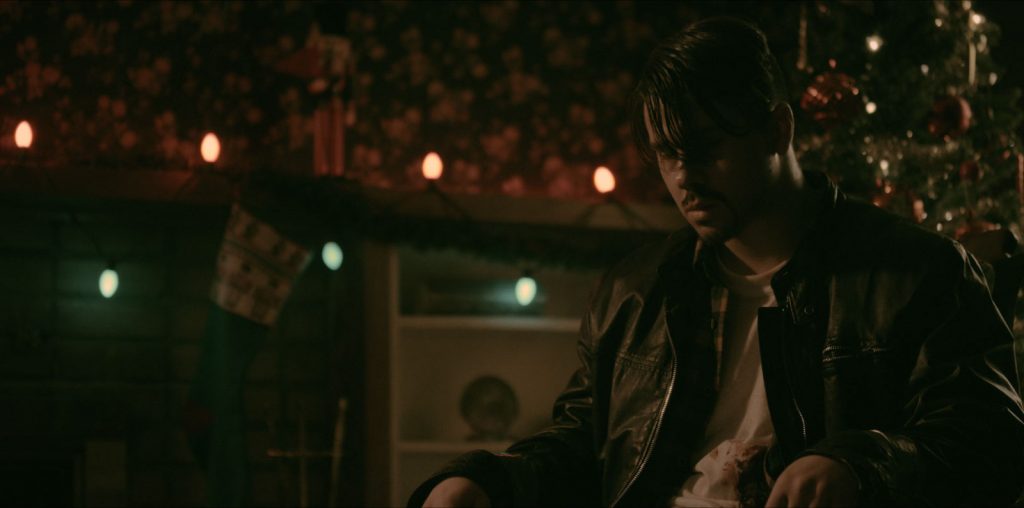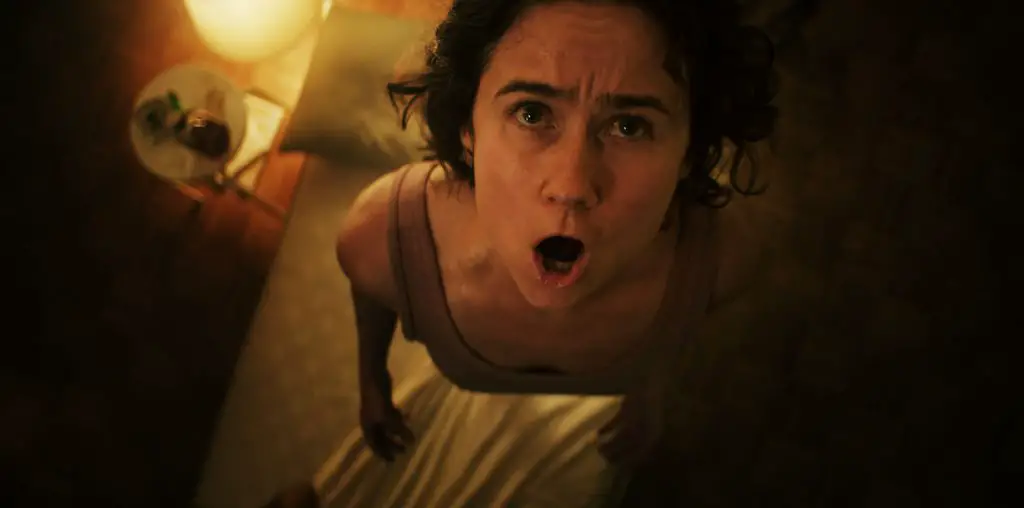
An innocent man returns from prison to find justice for himself and his murdered girlfriend, Gwen, in Christian Vinces’ thriller, All Who Loved Her. Nick (Artur De Larroche) is the ex-felon, but the film is about his younger sister, Rianne (Maitlyn Pezzo), who has had to deal with the repercussion of her brother’s conviction and nine-year imprisonment.
Today is the day of Nick’s release, and Rianne is reticent about his return. She is working on her senior project with her advisor Professor Rossi (Clint Carmichael). He thinks she’d do well if her project was about her brother’s crime. At home, Rianne starts to feel like a little kid thanks to her mother, Jen (Lara Helena), and Nick’s return. Lastly, she’s navigating her relationship with girlfriend Mariah (Janice Blue), as she feels unsure about taking things to the next level.
As Nick enjoys his first fresh breath of freedom, he immediately enlists Rianne’s help to find Gwen’s killer. Nick begins talking to Gwen’s family and friends, including her mother, who never thought Nick was the murderer. All the while, Rianne works on the psychological profile of the killer with Professor Rossi’s help. The two get into lengthy discussions about crimes of passion and how instant bursts of emotions can turn an ordinary person into a brutal killer.
The first thing you’ll notice about All Who Loved Her is that it’s a micro-budget thriller. Most of it is shot during the daytime for lighting, using a handheld camera, forgoing expensive rigs. Though the lack of funds is noticeable, it never gets in the way of the compelling story.

“As Nick enjoys his first fresh breath of freedom, he immediately enlists Rianne’s help to find Gwen’s killer.”
While much of the thriller is about solving a murder, writer/director Vinces balances the mystery with a character study. Much of Rianne’s scenes with Nick, Mariah, and her mother are about the nature of their relationships as much as the whodunnit. Speaking of the murder, the plot spins around this idea of passion crimes and how they infect every character’s motivations in the crime and their personal lives. The narrative is dialogue-driven, which is typical for low-budget indies. Each scene is generally a conversation between the lead characters and a few witnesses, which eventually leads to a major twist and the revelation of the killer.
All Who Loved Her works as a mystery, but in the end, it lies flat because it’s primarily features a flawed investigator in Rianne. She doesn’t change or grow as a character as a result of the actions of the film (even with the major twist, which I can’t talk about for spoiler sake). While I’m nitpicking, can we tone down the continuous use of the “babes” and “boos?” (Sorry, I had to say it.)
This idea of change is essential, but the difference is between good and bad things happening to someone versus fundamentally changing as a person because of the good and bad events. Rianne’s (and everyone else’s) character is essentially the same at the start as at the end. Well, except that they are a bit more beat up from the narrative’s events. What kind of person does Rianne become due to the murder investigation? We could argue that she changed, but did she change enough to tell a dramatic story.
The other criticism is minor and honestly hard to overcome on a microbudget. Yes, the film would have been better if Vinces had a million dollars to rent expensive lighting and camera. A car chase or highly choreographed fistfights would have been nice to point out the danger and ramifications of searching for the killer’s identity. Nevertheless, All Who Loved Her is a great starting point for the director’s filmmaking career, and when Vinces finally becomes a full-fledged Hollywood director, you’re going to get to say you saw his first feature.

"…a great starting point for the director's filmmaking career..."


